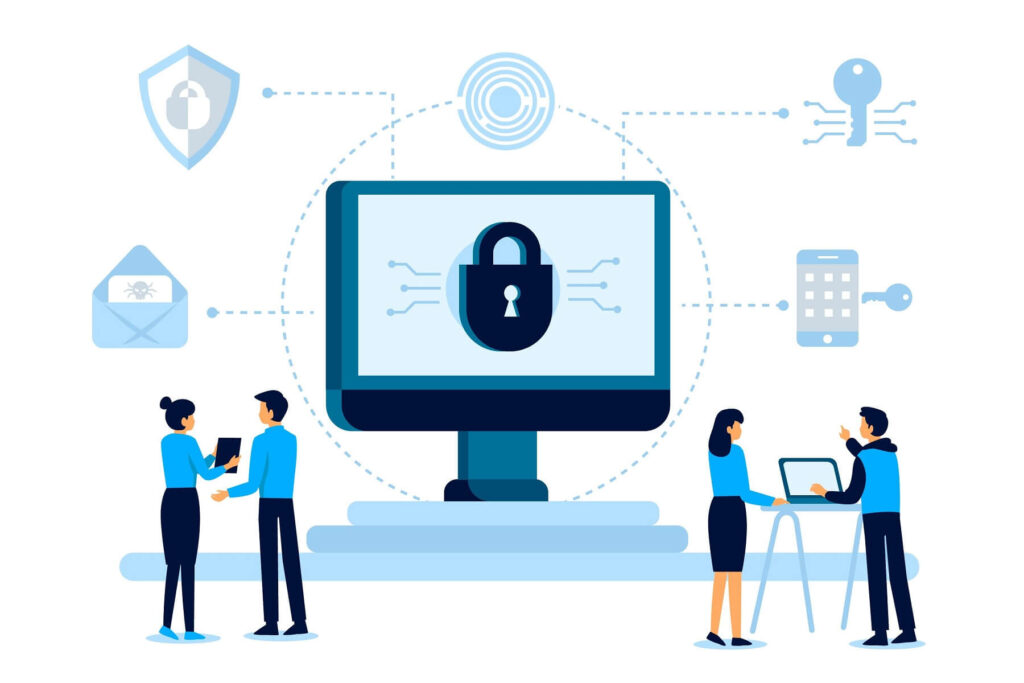
SAP IM/WM LEAD
Unilab
“Great presentation and interactive tutorial especially with having quizzes.”
Home  Courses
Courses  Data Security & Privacy
Data Security & Privacy  Certified Information Systems Security Practitioner (CISSP) Prep Course
Certified Information Systems Security Practitioner (CISSP) Prep Course
Design, implement, and manage information security across a modern organization
Overview
The adequacies of information security and protection programs in any organization need NOT be in hindsight. If you think your organization is not ready to confront the threats yet, then it’s high time for you to learn and analyze your procedures and processes to safeguard the resources.
The Certified Information Systems Security Professional (CISSP®), considered as the Gold standard in IT Security, provides tools to build an effective corporate information security policy.

Enroll
X
Contact us
X
Pre-requisites
For Virtual Training:
1. Computer/ Laptop with Microphone & Camera in working condition
2. Good Internet
3. Access to Google Forms / MS Forms
Curriculum

SAP IM/WM LEAD
Unilab

Anti-Spam Research Engineer
TrendMicro

Consulting Associate
PwC Technology
FAQs
CISSP or the Certified Information Systems Security Professional Certification is an independent, vendor-neutral information security certification granted by the International Information System Security Certification Consortium, also known as (ISC)². The CISSP® certification preparation can help you ace the exam and advance your career in security-related roles. Globally recognised as the best information systems security certification for security professionals, it teaches the eight fundamental domains of information security.
This training is designed to help you advance in your journey as an Information Security Professional. You will get the best CISSP exam prep by learning the following:
In an online classroom, students can log in at the scheduled time to a live learning environment which is led by an instructor. You can interact, communicate, view and discuss presentations, and engage with learning resources while working in groups, all in an online setting. Our instructors use an extensive set of collaboration tools and techniques which improves your online training experience.
The trainers are highly qualified professionals with several years of industry experience. They also have hands-on experience and will be able to tell you the practical aspects of what you are learning. .
Let’s Connect [email protected]
#answer

Duration: 5 Days

Duration: 16 hours
©2023 APEX Global. All Rights Reserved